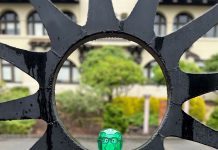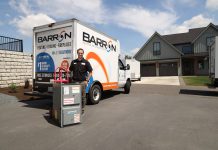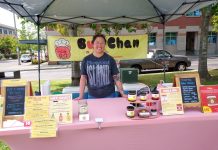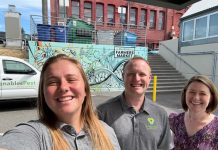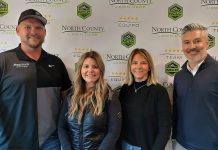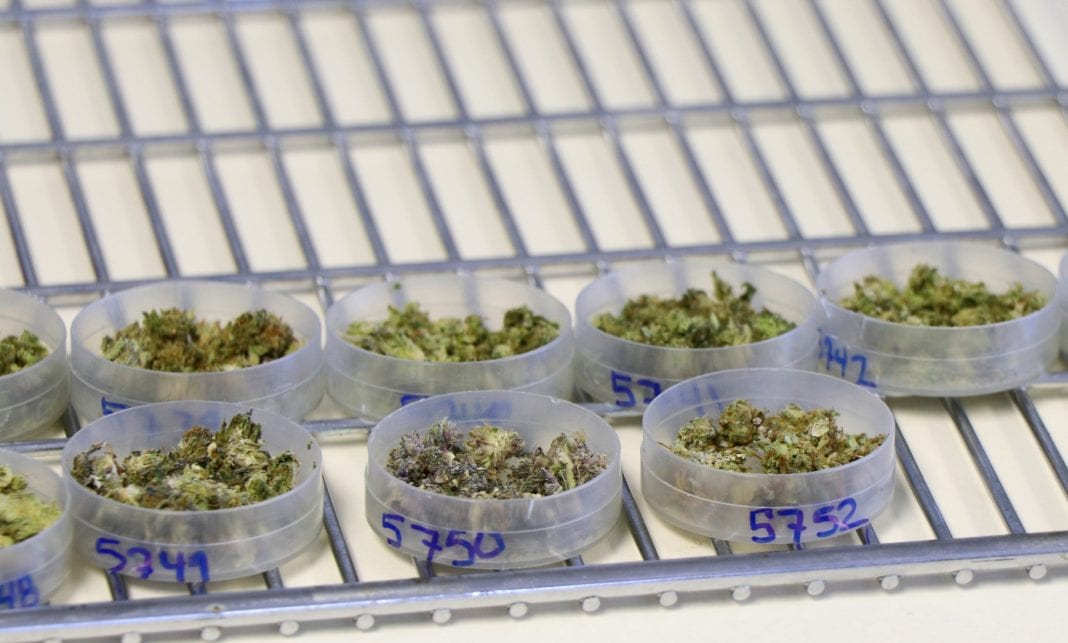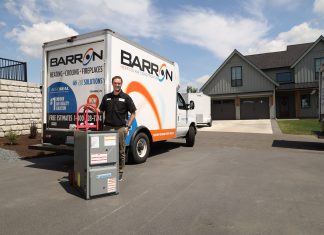Have you ever wondered how the quality of cannabis you buy at the retail store is assured for your safety and satisfaction? Treeline Analytics is a Washington State Liquor and Cannabis Board (WSLCB) accredited cannabis testing facility located in Bellingham. It is a family owned and operated business, started by brother-sister team Lindsay and Tom. The team is led by laboratory director James Burns, PhD, and came together in 2018. There are currently nine people working together at Treeline, two of whom are WWU graduates.
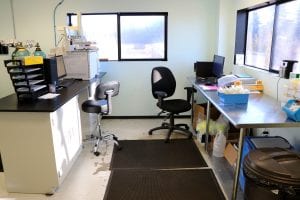
The leadership’s complementary skill sets allow each to focus on what they do best. Jay brings decades of experience in education, research and laboratory science. Lindsay was recruited to the cannabis industry in 2010 as a microbiologist and worked with the medical cannabis community in Oregon. Her skills learned from years spent in the pharmaceutical and food safety testing industries were directly translatable to cannabis testing. Tom’s background is in finance and sales.
Though they work well together, family businesses bring added complexity, but Tom says it’s definitely worth it. “You have only one family,” he says. “It’s very rewarding to be able to work together and keep it close.”
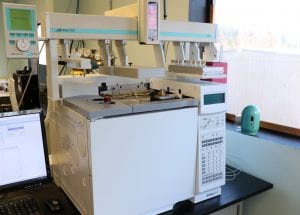
Treeline Analytics quality assurance program is designed with the core tenet of protecting public health and safety within the cannabis community. Two of the most important tests performed at the lab are the microbial analyses and residual solvent screening. The lab uses methods internationally recognized by scientific organizations to test for Mycotoxins, Salmonella species, E. coli, and gram negative enteric bacteria, as required by the WSLCB. Residual Solvent screening is the other major public safety test performed. All solvent based extracts require residual solvent testing to ensure the products meet WSLCB set criteria. Examples of solvent-based extracts are butane hash oil, propane hash oil, and ethanol extracts, among many others.
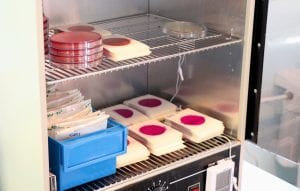
Potency and Terpene profiles are also offered by Treeline Analytics. Potency testing provides both farms and consumers with valuable information about the cannabinoid profile that is found in each product. There are hundreds of cannabis terpenes and much is yet to be learned about how they affect the plant and consumer. Terpene concentrations and types differ based on the strain, growing medium, lights, and even temperature. While terpenes are not required by the state, it is still beneficial information to have about the product.
Treeline serves as more than just a quality assurance laboratory, it is an educational resource for cannabis retailers, producers and consumers. Treeline works with several great companies in Bellingham. One business, Satori Bellingham, has gone above and beyond to ensure their budtenders are well educated on the testing in the industry. They brought their team through the lab for tours and reserved time to talk with the scientists to ask any questions.
Treeline Analytics looks forward to continuing to serve Washington’s cannabis community and working closely with local farms.
Sponsored











